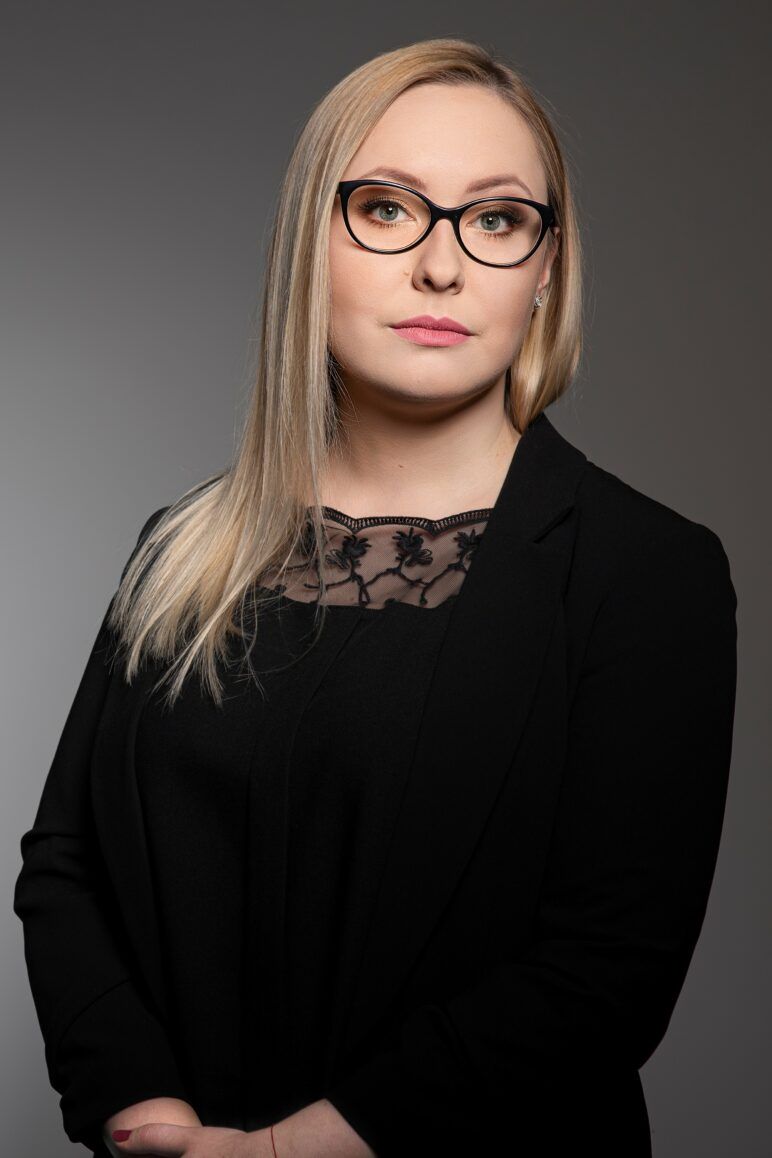WORKING REMOTELY FROM ABROAD
31.07.2023 Publications Labor law, management contracts
On 29 June 2023, the President of the Social Insurance Institution signed the Framework Agreement on cross-border remote working.In addition to Poland, signatories to the Framework Agreement include Austria, Belgium, Croatia, the Czech Republic, Finland, France, Germany, Liechtenstein, Luxembourg, Malta, Norway, Portugal, Spain, Sweden, Switzerland, the Netherlands and Slovakia.
Thanks to the Framework Agreement, as of 1 July 2023, social security facilities have been introduced for employees working remotely abroad.
Why is the Framework Agreement important?
The key piece of legislation that defines the rules for being subject to social security is Regulation 883/2004 of the European Parliament and of the Council of 29 April 2004 on the coordination of social security systems. According to the general rule expressed in Article 11(3)(a) of the aforementioned Regulation, a worker is subject to social security in the country where the work is carried out. There are a number of exceptions to the above principle, in particular concerning posted workers.
In recent years, there has also been a trend for employees to work remotely at their own convenience (especially in the warm countries of southern Europe). This is part of a broader trend of so-called ‘workation’, or, as odd as it may sound from a labour law perspective, combining work and holidays. Especially among IT employees, this kind of travel is becoming increasingly popular. What is desirable for the employee, however, can be a nightmare for the HR department. Such an employee can hardly be considered as posted (after all, the initiative to work abroad for a certain period of time comes directly from the employee). Employers were therefore faced with the dilemma of whether to register such an employee for social security purposes in his or her country of residence, or not to allow work from abroad, or to pretend that they do not know where the employee is, or perhaps to try to take advantage of the institution of posting by obtaining an A1 document. This phenomenon grew so large that during the COVID-19 pandemic, the so-called no-impact policy reflected in Commission document EMPL/1053-01/22 – EN – was adopted, which allowed the social security system of the country where the employer is based to apply, rather than that of the worker’s place of residence. With the end of the epidemic emergency, the no-impact policy lost its raison d’être. The purpose of signing the Framework Agreement was therefore to fill the gap created and respond to the changing reality.
What is changing?
Under the Framework Agreement, employees who:
- are only employed by an employer or several employers based in the same country that is a signatory to the Framework Agreement
- usually work in the country where their employer is based
- they work temporarily remotely but their remotely working hours in another state signatory to the Framework Agreement do not exceed 50% of their total working hours
will be able to remain covered by social security in the country of the employer’s headquarters.
Thus, spending the autumn working remotely from Italy or Spain becomes much easier from a legal point of view
Authors

Adam Kraszewski
Partner
Attorney-at-law
Labor law, management contracts | Intellectual property law | Life Sciences and Health Care
Partner
Attorney-at-law
Adam joined GESSEL in 2006, and became a partner in 2021. He is often called upon in complex matters which depart beyond the obvious, requiring an original approach rooted in many legal specialisations. He helps to devise effective employment mechanisms (also for senior management) and internal regulations. Adam’s calm demeanour and ability to communicate difficult truths make him a valuable partner in dispute resolution. His employment law ex...

Aleksandra Głuszek
Senior Associate
Advocate
Labor law, management contracts | Litigation
Senior Associate
Advocate
Aleksandra joined GESSEL in 2020. She advises on the legal aspects of establishing and terminating employment relationships and on drafting internal regulations, policies, and collective agreements. Represents clients before the courts in cases concerning damages, wrongful dismissal / reinstatement, overtime claims, and mobbing / workplace harassment. That said, she views litigation as a last resort, adhering to the philosophy of amicable sett...
You may also like
12.07.2023
M&A transactions – new obligations for entrepreneurs using foreign subsidies
As of July 12, 2023, Regulation (EU) 2022/2560 of the European Parliament and of the Council of December 14, 2022 on foreign subsidies distorting the internal market (th...
26.06.2023
The latest amendments to the legislative Act regarding competition and consumer protection
It is axiomatic that antitrust / competition protection law originated in the United States, yet certain recent developments there are driven by political and economic f...